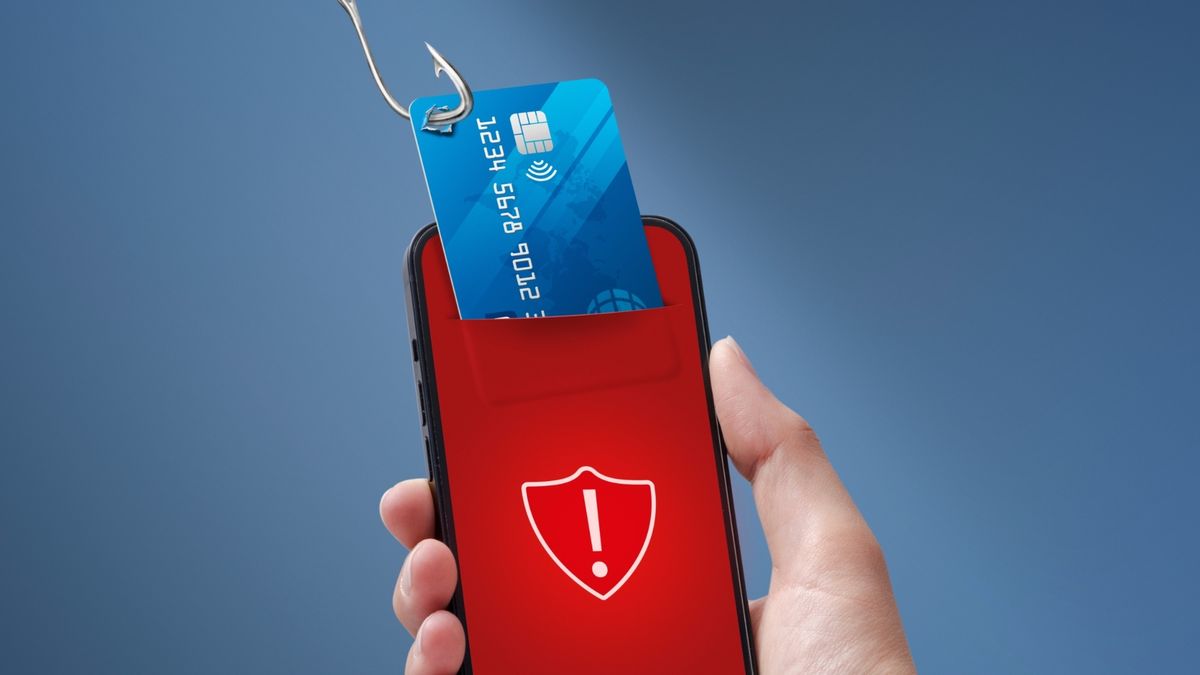New Android Malware NGate Targets NFC Data to Clone Contactless Payment Cards
A new threat has emerged in the Android ecosystem as the NGate malware targets NFC (Near Field Communication) data to clone contactless payment cards. This sophisticated malware poses a significant risk to users who rely on NFC technology for secure, contactless payments, making it a pressing concern for cybersecurity experts and Android users alike.
Understanding NGate Malware
NGate is a newly discovered Android malware designed to infiltrate devices and capture sensitive NFC data. Once installed, the malware actively seeks out and intercepts NFC communications, focusing on payment card information. The stolen data is then used to clone contactless payment cards, enabling cybercriminals to make unauthorized transactions.
How NGate Infects Devices
NGate malware typically spreads through malicious apps that appear legitimate on the surface. These apps may be found in third-party app stores, and in some cases, even on the official Google Play Store. Once downloaded, the malware gains access to the device's NFC capabilities, silently working in the background to capture payment card data during transactions.
The Dangers of Cloned Payment Cards
The primary danger of NGate lies in its ability to clone contactless payment cards. With access to cloned cards, cybercriminals can make fraudulent purchases, draining victims' accounts without their immediate knowledge. This type of attack is particularly concerning because it exploits the convenience of contactless payments, a feature increasingly popular among consumers.
Protecting Yourself from NGate Malware
To safeguard against NGate and similar threats, Android users should take several precautions:
- Download Apps from Trusted Sources: Stick to official app stores like Google Play to minimize the risk of downloading malicious software.
- Review App Permissions: Be cautious of apps requesting access to NFC capabilities, especially if it seems unnecessary for the app's functionality.
- Keep Your Device Updated: Regularly update your Android device to ensure you have the latest security patches.
- Use Mobile Security Software: Consider installing reputable mobile security software to detect and block malware before it can cause harm.
What to Do If You Suspect Infection
If you suspect that your device may be infected with NGate malware, take immediate action:
- Disconnect from the Internet: To prevent further data transmission.
- Run a Security Scan: Use mobile security software to identify and remove the malware.
- Monitor Your Accounts: Regularly check your bank statements for unauthorized transactions.
Conclusion
The emergence of NGate malware is a stark reminder of the evolving threats in the digital world. As contactless payments become more common, the importance of securing NFC data cannot be overstated. Android users should remain vigilant and take proactive steps to protect their devices and financial information from this and other malware threats.





